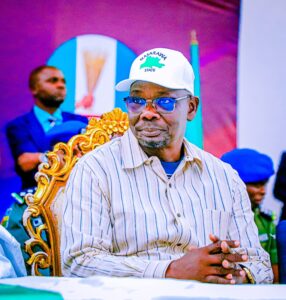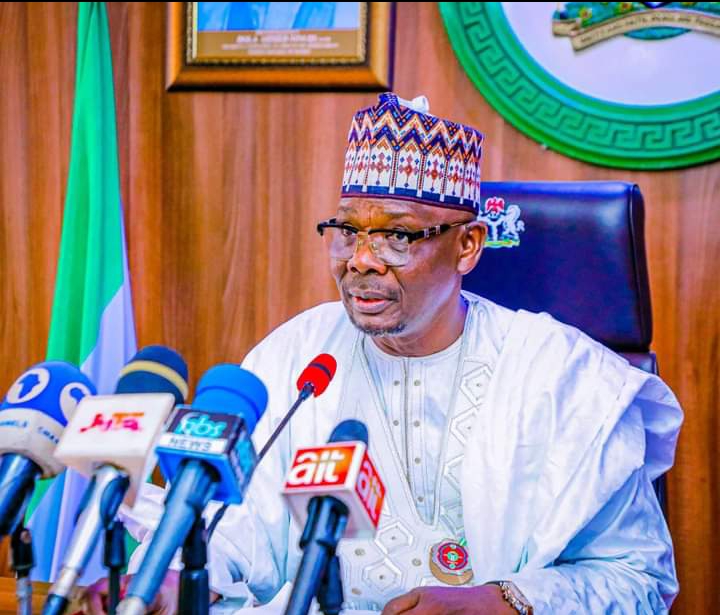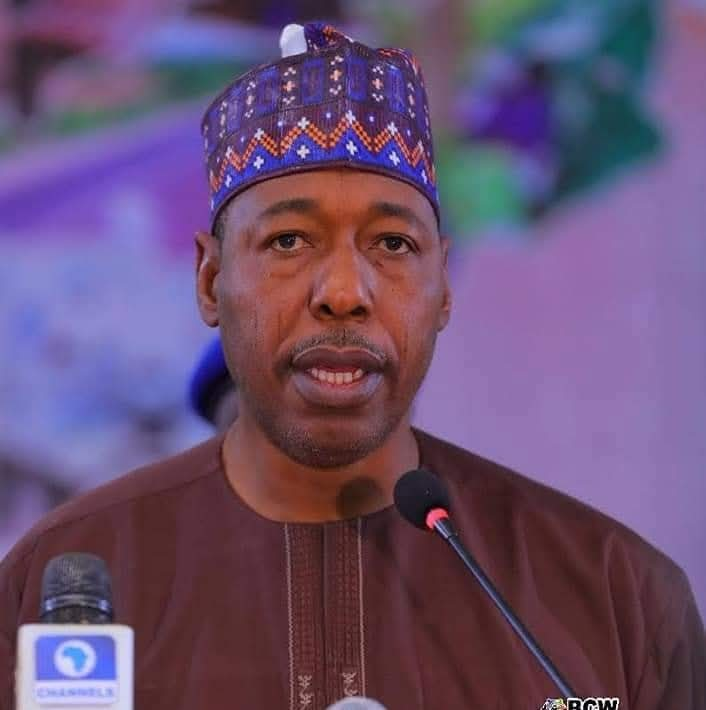2027: Future of Nasarawa depends on who succeeds Governor Sule
As Nasarawa State looks toward the 2027 gubernatorial election, the conduct of those aspiring to succeed the widely commended Governor Abdullahi Sule is coming under intense scrutiny.
Rather than a focus on issues and policies, the early stages of the race are already mired in allegations of unethical campaigning and troubling questions about the sources of wealth fueling these ambitions.
This situation threatens to undermine the very principles of accountability and good governance that the current administration has worked to establish.
A significant controversy has erupted around the state’s Accountant General, Musa Ahmed Mohammed, popularly known as Barade. A civil society group has publicly called for his resignation, alleging that his supporters have been actively campaigning for his 2027 governorship bid while he still holds a sensitive and apolitical office.
The group highlighted a clear conflict of interest, stating that it is inappropriate for someone tasked with safeguarding the state’s financial integrity to be involved in political activities.
This is not a mere suggestion; the state government had previously issued a directive instructing all political appointees with aspirations for elective office to either resign or await the official lifting of the ban on political activities by the Independent National Electoral Commission. The fact that this directive appears to be ignored suggests a sense of impunity.
Despite the visible appearance of campaign posters across various local governments and the organization of grassroots groups urging him to run, the Accountant General has publicly denied any involvement.
He has reiterated his commitment to Governor Sule’s administration. However, this denial rings hollow to critics who argue that as the leader of these enthusiastic supporters, he has a responsibility to unequivocally tell them to stop until it is legally permissible to campaign.
His silence is perceived by many as a tacit endorsement of these early activities, allowing him to test the waters without formally resigning from his powerful post, which controls the state’s financial machinery.
The support for Barade is not without foundation. He is widely regarded as a competent technocrat with strong academic credentials and decades of experience in civil service. His supporters praise his digital reforms as Accountant General, which have brought transparency to public finance. Yet, this very reputation makes the alleged use of his office for political gain all the more damaging.
The grassroots campaign, complete with posters and coordinated groups, demonstrates a high level of organization that strongly suggests more than just spontaneous support. Political analysts note that Barade is seen as a technocrat rather than a typical politician, which is why people trust him.
However, this trust is now being tested by the perception that he may be benefiting from an early and potentially unethical campaign strategy, leveraging the prestige and access of his current office to gain an unfair advantage.
The concerns in Nasarawa extend beyond premature campaigning to the very integrity of those seeking office. Many aspirants have long careers in public service, which leads to inevitable questions about the legitimate accumulation of the wealth required to fund a multi-million naira gubernatorial campaign.
Among those often mentioned is Dr. Faisal Shuaib, a former Executive Director of the National Primary Health Care Development Agency. Dr. Shuaib’s international reputation is impeccable. He is a celebrated public health expert who led Nigeria’s successful response to the Ebola outbreak and managed the historic COVID-19 vaccination rollout.
His philanthropic foundation has provided solar-powered boreholes and free medical outreach, painting a picture of a compassionate leader. However, in the murky world of Nigerian politics, such a distinguished career does not automatically inoculate one from suspicion.
A long tenure in high-level public office, often with access to large budgets and international donor funds, invariably attracts scrutiny. For any aspirant, including Dr. Shuaib, the political arena is where professional accolades collide with public perception.
The absence of overt allegations does not erase the whispered questions that surround any individual who transitions from a lucrative public career into a costly political campaign. The electorate is increasingly wary of those who may have exploited their positions to amass wealth, which is then deployed to seek higher office. This creates a shadow of doubt, rightly or wrongly, over even the most accomplished figures.
The early maneuvers for the 2027 election present a critical crossroads for Nasarawa State. Governor Sule’s legacy of transformative leadership, built on accountability and private-sector discipline, is at risk of being undone by a return to politics as usual.
The allegations against the Accountant General suggest that some aspirants may already be leveraging state resources and offices to gain an unfair advantage, thereby undermining the ethical foundations Sule has tried to build.
Furthermore, the questions surrounding the wealth of various aspirants highlight a deep-seated issue in Nigerian politics: the blurred lines between legitimate public service, wealth accumulation, and political financing.
The people of Nasarawa cannot afford to be complacent. They must demand absolute transparency from those who seek to lead. Appointees must comply with the government’s directive to resign before engaging in any political campaigning to avoid any perception of conflict of interest.
All aspirants must be compelled to openly declare the sources of their campaign funds to assure the electorate that their wealth was not amassed through the exploitation of public office.
The future of Nasarawa State depends on electing a leader who embodies both financial discipline and moral integrity. The silence of aspirants on these crucial issues can no longer be tolerated.
It is on record that under Governor Sule’s watch, Nasarawa has blossomed into a hub of ideas, innovation, and fiscal reforms. His lack of prior public office experience proved to be an asset, allowing him to bypass the bureaucratic bottlenecks and corrupt practices often associated with long-term public servants.
One of the key challenges lies in ensuring that the next leader shares Governor Sule’s commitment to transparency and reform. The Governor’s collaboration with federal initiatives like the Presidential Enabling Business Environment Council (PEBEC) has significantly improved the state’s business climate, reducing bureaucracy and attracting investments.
His administration’s focus on financial inclusion, exemplified by efforts to improve access to credit for small businesses, has empowered entrepreneurs and stimulated economic growth. Any successor must possess the vision and integrity to sustain these initiatives.
Already, the race to succeed Governor Sule has attracted numerous aspirants. Among them are high-profile figures such as former Inspector General of Police Mohammed Adamu, Prof. M. S Haruna and Architect Shehu Tukur, who have declared their intentions to run.
Others include philanthropist and business mogul, Dr. Muhammed Musa Maikaya, former Minister of Environment, Mohammed Hassan Abdullahi, and Senator Aliyu Wadada.

While these individuals bring varied experiences, not all have demonstrated the financial and moral discipline required to build on Governor Sule’s legacy.
It has become imperative therefore, that as the state looks ahead, the caliber of politicians vying to replace him will determine whether this progress continues or falters.
Indeed, the people of Nasarawa deserve a leader who will put the state’s interests first, someone untainted by the “primitive accumulation of wealth” that often plagues public officeholders.
Governor Sule has set a high standard; his successor must have the financial and moral discipline to uphold it. The future of Nasarawa depends on this choice.










